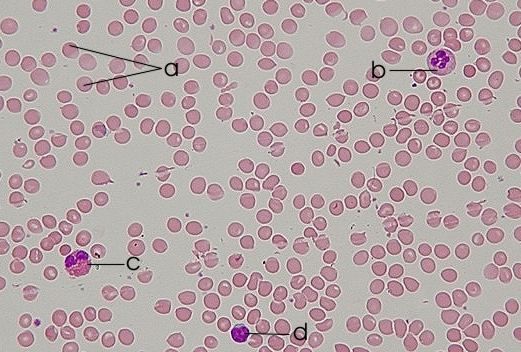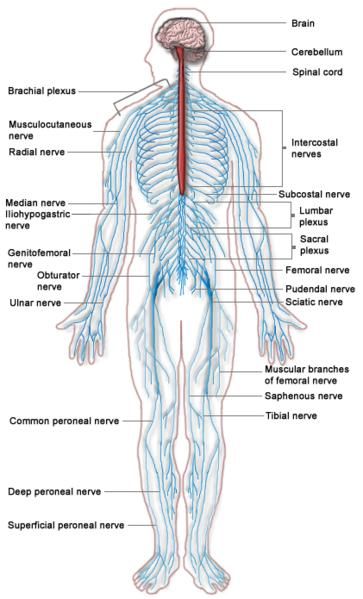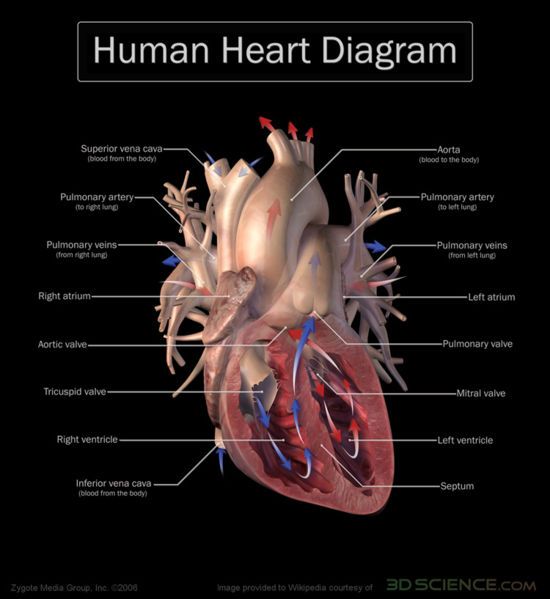Medicine

hemoglobin. Wikimedia Commons (Reytan, GFDL)

nervous system. Wikimedia Commons (Public Domain)

heart. Wikimedia Commons (Ewen, CC)
The history of medicine can be traced back as far as Neolithic man, but our understanding of medicine began with the Sumerians. Our knowledge of anatomy began with the Greeks, but truly took hold during the Middle Ages. Modern medicine can be traced back to discoveries made in the 17th century. That’s when William Harvey demonstrated the circulation of blood in the body, quinine was used to treat ... Read more
malaria, the compound microscope was developed, and the capillary system was discovered.
Today, we’ve built on many of those early discoveries in our understanding of cell biology, genetics and microbiology. Research today focuses on preventing diseases like heart disease, tuberculosis, and AIDS, while also discovering cures and treatments for cancer. We also have a greater understanding of pathogens, or microorganisms, like bacteria and viruses that cause most diseases.
The genome project is also helping us understand disease and the human body on a genetic level and led to genetic engineering, which is used to develop pharmaceuticals and new approaches to cancer treatment.
Modern medicine also has given us pharmacology, allowing medical professionals to treat a host of diseases. From acetaminophen, which can treat a headache, to immunosuppressive drugs, which aid in organ transplantation, this growing field offers a multitude of new and effective drugs.
Psychology and psychiatry have also changed much since these sciences first began. People with disorders were often cast away from society or, later, placed in asylums and not treated. Today, psychiatry involves the treatment of many disorders and can involve both physiological and psychological treatments.



